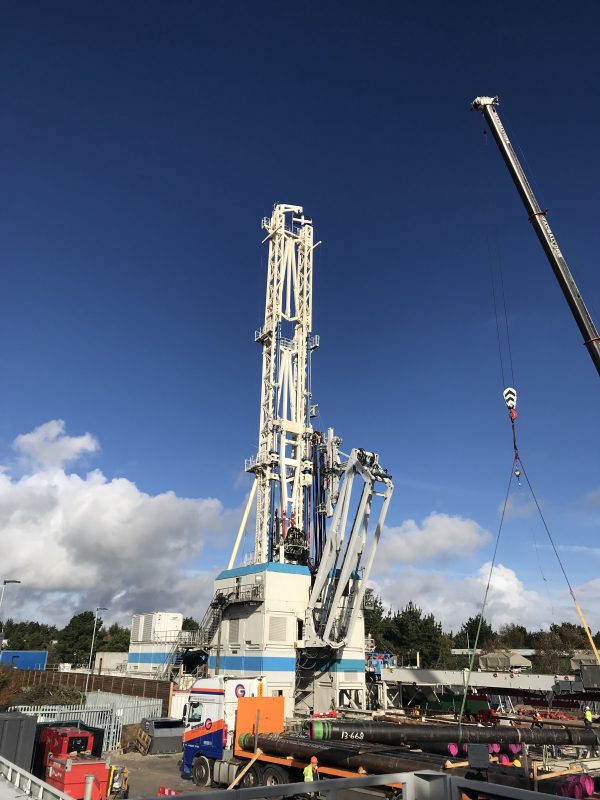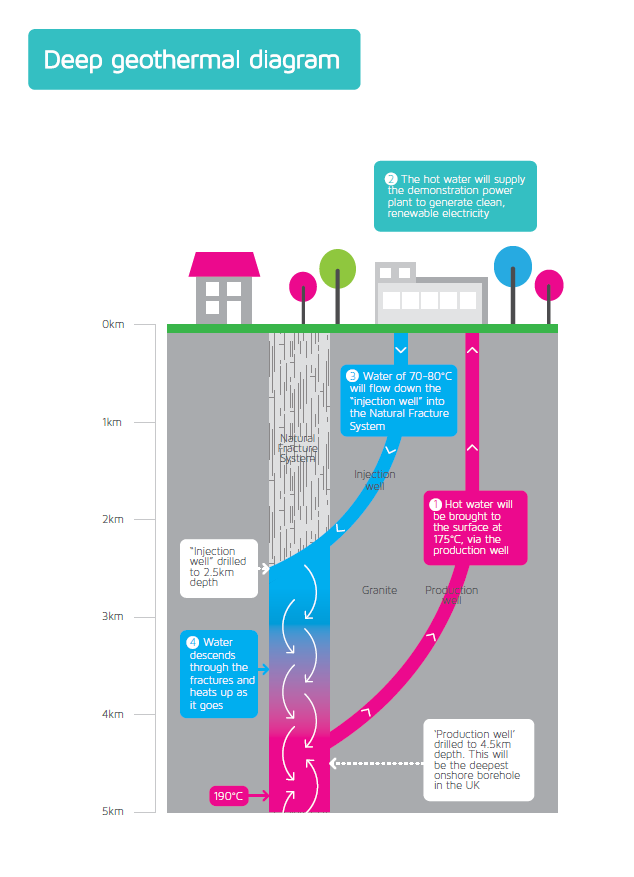Key Information
Fund
ERDF
Learn about the role of the Growth Programme, funding and its outcomes along with key facts and figures
Learn about active and delivered projects, how they were funded and their outcomes.
Learn about Growth Programme projects in your area
Learn about how individuals and businesses have benefited from projects.
Search our list of common questions and answers
Search our library of key documents for further information
Funding calls for new projects are now closed under the ESIF Growth Programme 2014-2020.
Funding that supports the economic development of the region. Categories covered include:
Funding that supports employment as well as promoting economic and social cohesion. Categories covered include:
Funding that helps the development of rural areas. Categories covered include:
Learn about live and delivered Projects, how they were funded and their outcomes.
Search our list of common questions and answers
Get support from one of our funded projects.
If you are looking for free, impartial and independent business or skills advice visit the Cornwall & Isles of Scilly Growth and Skills Hub.
Residents of Cornwall and the Isles of Scilly who are currently unemployed and looking for support to help access work or training, can access free, confidential and impartial guidance from the People Hub.
For general and media enquiries regarding the Programme, get in touch with the Growth Programme communications team growthprogramme@cornwall.gov.uk
HomeCase StudiesCornwall leads the first UK geothermal electricity project
United Downs Deep Geothermal is an ambitious project enabled by a funded collaboration between the private sector, Cornwall Council and the European Regional Development Fund.
Geothermal Engineering Limited launched the £18m pilot project in June 2017 with the aim of testing the technical and commercial viability of a deep geothermal power plant at the United Downs site. If the project can prove the concept and the technology, it could potentially enable further investment in deep geothermal in Cornwall and the Isles of Scilly.
Cornwall has the opportunity to access geothermal energy thanks to its heat producing granite and the Porthtowan fault zone was identified as a viable test area. The first phase started with drilling two deep geothermal wells, not an easy task considering the very hard rocks they had to get through.

The team used a large drilling rig, similar to those normally used for oil, gas and conventional geothermal wells but even so the two wells took just under 8 months to drill, operating 24 hours a day. The production well at 5.3km deep is the deepest and hottest well ever drilled on land in the UK, with temperatures at the bottom reaching 190C.
Peter Ledingham, Managing Director of Geoscience Limited, delivery partner for the project says: “This project needed to test three main things: the heat of the rocks, whether the fault zone was where we thought it was and whether it is permeable enough.
“We are at the stage where we’ve confirmed the first two and have encouraging signs about the third, but we need to do further testing to establish whether we can circulate water between the wells at a high enough flow rate. Once we’ve done that we can predict how much energy the power plant will produce.”
The primary purpose of deep geothermal is the production of electricity, but usefully, heat is the main by-product of the process. The plant is hoping to supply up to 3MW of electricity as well as bringing commercial opportunities through the use of the heat generated in the process. Potential developers of agricultural, distilling and leisure facilities have all approached the project attracted by the idea of clean, low-cost heat, but at this stage the team are focusing on confirming the proof of concept.
The United Downs Project team have inclusiveness and education embedded in the ethos of their company and are active supporters of concepts including Women in STEM and Girls into Geoscience. Throughout the project so far the team have been into more than 60 schools and spoken to over 4,000 students about deep geothermal and the United Downs pilot as well as welcoming groups and individuals to the site itself for tours and talks.
Peter says: “With primary school children it’s mainly about explaining to them that geothermal energy exists. We developed an animated video with Miss Molecule, a water molecule who goes underground and collects heat and brings it back up to the surface – the children are fascinated!
“When we visit secondary schools we generally relate geosciences to seismicity and STEM subjects because that’s what they’re studying anyway but it’s important to us to show them real life examples of what these subjects and this knowledge can enable them to do.”
Some of the senior team working on the United Downs Deep Geothermal Project previously worked on the UK Hot Dry Rock geothermal research programme in Cornwall carried out during the 1980s, the results of which helped identify the United Downs site as the best place to conduct the pilot.
Once the next set of tests on the system have been completed in summer 2020, a powerplant needs to be ordered, estimated to take 12 months to build.
Peter says: “Geothermal power plants take up much less space than the equivalent wind or solar farm, don’t rely on good weather and operate 96% of the time.
“If the United Downs pilot can prove the concept, Cornwall could see another 10 to 20 deep geothermal sites which would start to make a significant impact on the future of our power.”

ERDF
Learn about the role of the Growth Programme, funding and its outcomes along with key facts and figures
Learn about active and delivered projects, how they were funded and their outcomes.
Learn about Growth Programme projects in your area
Learn about how individuals and businesses have benefited from projects.
Search our list of common questions and answers
Search our library of key documents for further information
Funding calls for new projects are now closed under the ESIF Growth Programme 2014-2020.
Funding that supports the economic development of the region. Categories covered include:
Funding that supports employment as well as promoting economic and social cohesion. Categories covered include:
Funding that helps the development of rural areas. Categories covered include:
Learn about live and delivered Projects, how they were funded and their outcomes.
Search our list of common questions and answers
Get support from one of our funded projects.
If you are looking for free, impartial and independent business or skills advice visit the Cornwall & Isles of Scilly Growth and Skills Hub.
Residents of Cornwall and the Isles of Scilly who are currently unemployed and looking for support to help access work or training, can access free, confidential and impartial guidance from the People Hub.
For general and media enquiries regarding the Programme, get in touch with the Growth Programme communications team growthprogramme@cornwall.gov.uk
